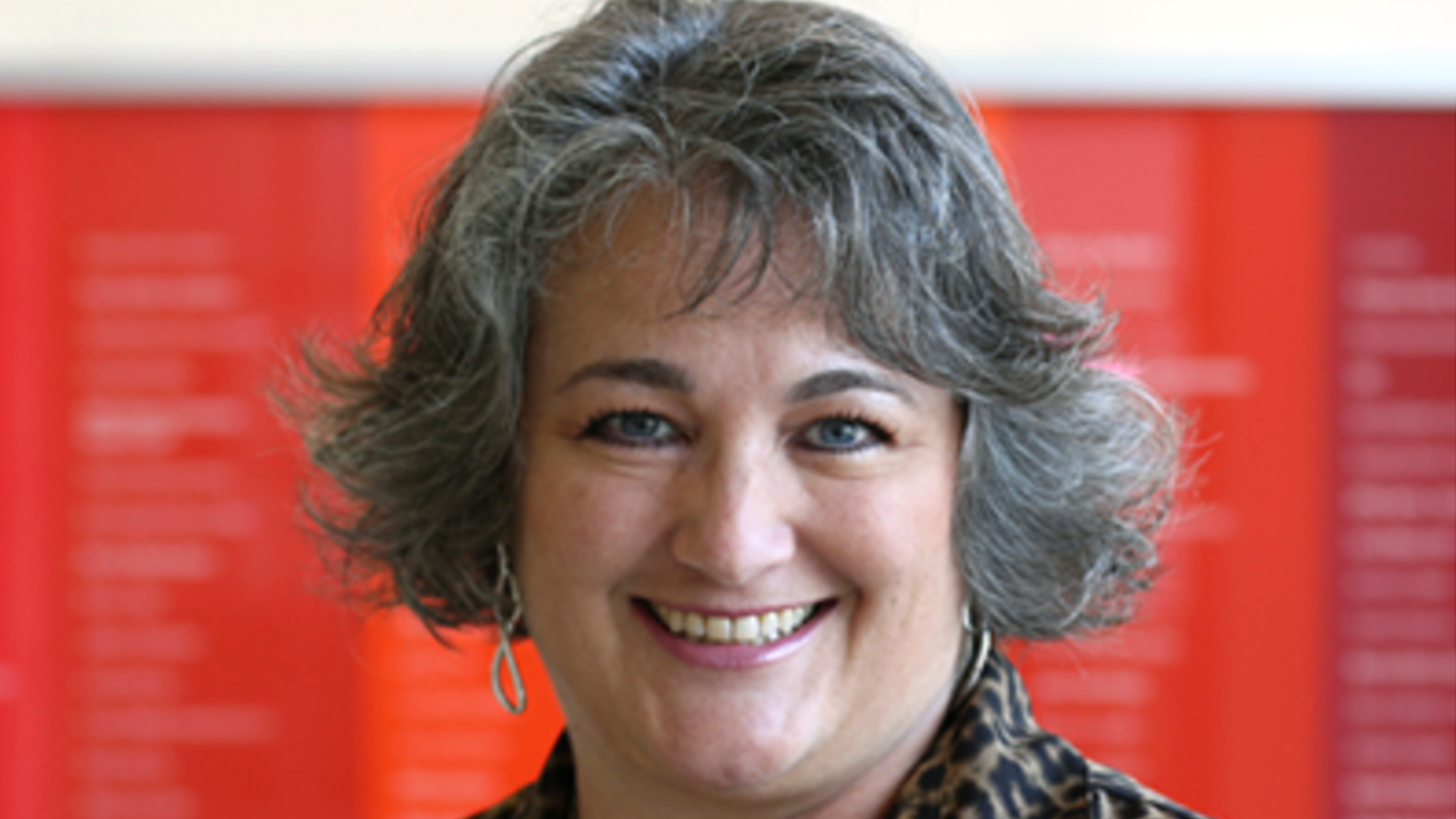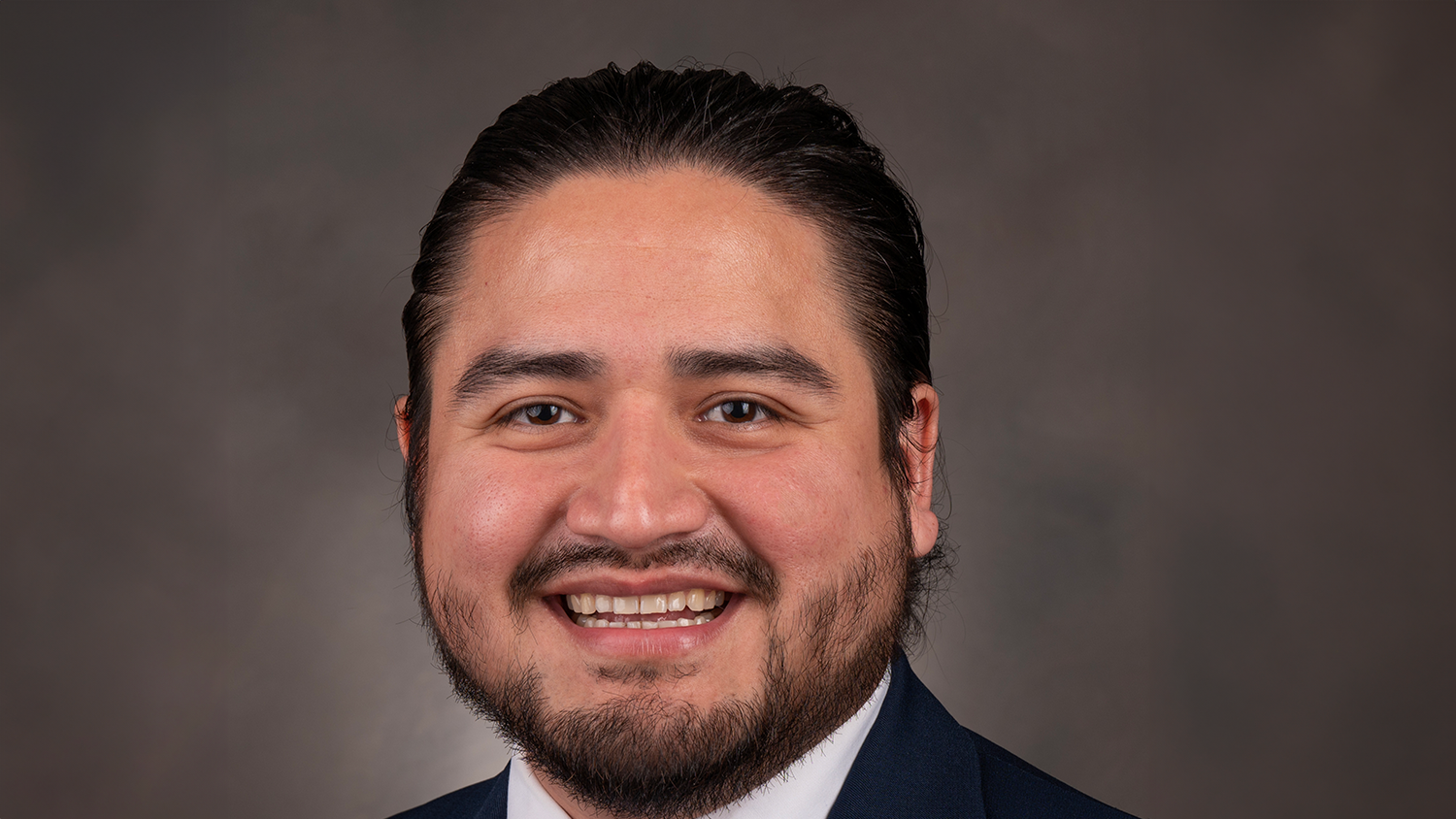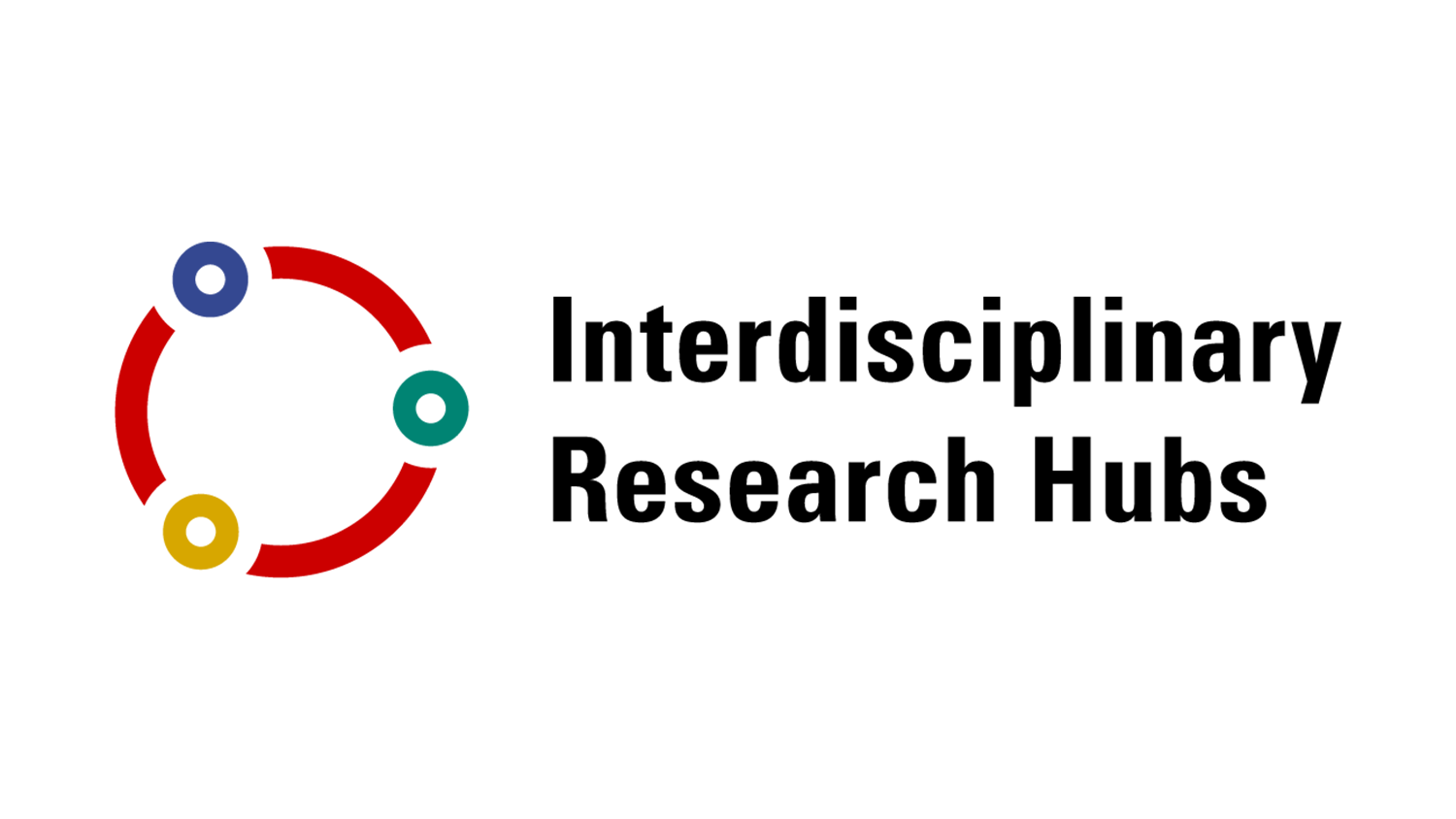Professor Hollylynne Lee Named 2020 American Statistical Association (ASA) Fellow

Hollylynne Lee, Ph.D., professor of mathematics and statistics education at the NC State College of Education, began developing an interest in statistics education in the late 1990s, when she was developing software to assist young learners in exploring probability concepts through simulation and data analysis.
More than two decades later, her extensive work in the field of statistics education has been honored as she was selected as one of the 2020 American Statistical Association (ASA) Fellows.
Lee was chosen as an ASA fellow based on her exceptional contributions to teacher preparation and professional development of statistics teachers at the K-12 level, valuable statistics education research and effective and exuberant advocacy in promoting statistics and data science education.
“My nomination for this distinction was led by Allan Rossman, a professor of statistics at Cal Poly San Luis Obisbo, and included letters by several very well-known and active faculty members in statistics and data science education. I was very humbled that this group put forth the effort to prepare a nomination package on my behalf,” Lee said.
Nominees for the designation of ASA Fellow must have an established reputation and have made outstanding contributions to the field of statistical science.
Since developing her “Probability Explorer” program 23 years ago, Lee has spent her career researching students’ and teachers’ learning about statistical ideas. She is currently engaged in multiple projects that aim to use this research to develop and disseminate online teacher education courses and materials.
Through her “Enhancing Statistics Teacher Education with E-Modules (ESTEEM)” project, Lee and her team have better equipped pre-service, secondary mathematics teachers to teach with online tools, leading to stronger statistics and data literacy for students in grades 6-12. Her “Diagnostic Inventories of Cognition in Education (DICE)” project, meanwhile, is developing a web-based, freely available formative assessment system to efficiently provide teachers with timely, accurate and actionable feedback about student cognition in probabilistic reasoning.
Her most recently funded project, “Invigorating Statistics Teacher Education Through Professional Online Learning (InSTEP),” will use a $2.9 million National Science Foundation grant to provide middle and high school teachers with an opportunity to develop and improve their statistical and pedagogical content knowledge for preparing students who are data literate. The project will also examine the effectiveness of teacher engagement with the personal professional education pathways.
“Through these projects, and the collaborative teams with which I work through the Hub for Research and Innovation in Statistics Education (HI-RiSE) [at the college’s Friday Institute for Educational Innovation], we are making a real difference in helping middle and high school teachers learn to infuse better technology tools, statistics content and meaningful, real-world “big” data into lessons with their students,” Lee said.
Lee, who has previously served as an RTI Scholar and designed and facilitated three free massive open online courses for educators (MOOC-Eds), engages in this work because she believes that students, who live in an increasingly data-rich world, need to be literate in statistics and data for everyday citizenry and personal growth.
Many future careers, particularly those in STEM-related fields, she said, will demand that students possess these skills. In addition, the ability to engage in data exploration is a valuable skill even for those who select careers in other disciplines, she said.
“Gaining experiences across the K-12 curriculum — not just math or science classes — to engage in data exploration and data-based argumentation will position our students as powerful meaning-makers in their future,” Lee said. “Having been selected as a Fellow, I am honored that the ASA and it’s leadership recognize and value research and teacher professional development in statistics education, rather than only advances in applications and theory in statistical science. I am proud to be part of an organization that supports K-12 and college educational efforts in statistics and data science.”
- Categories:


